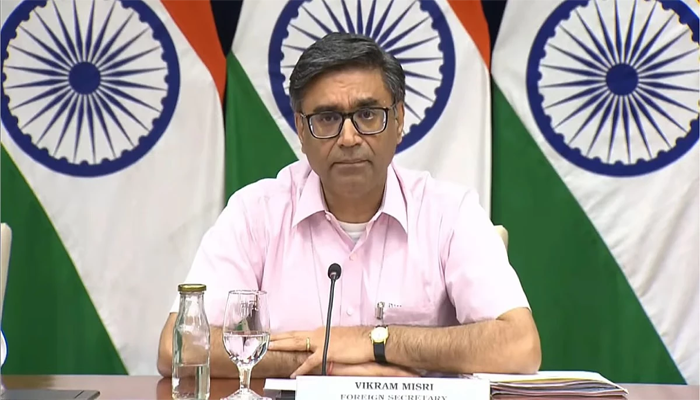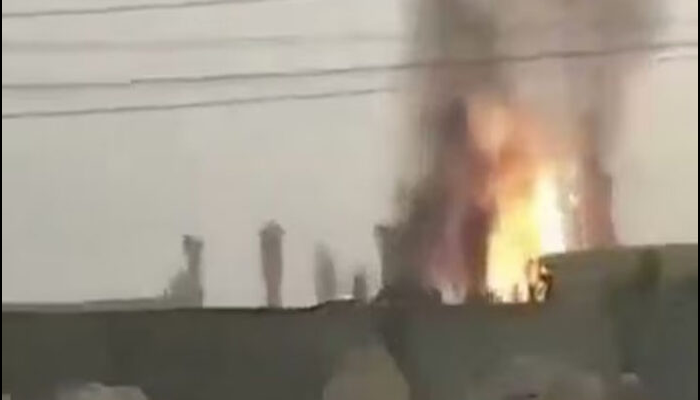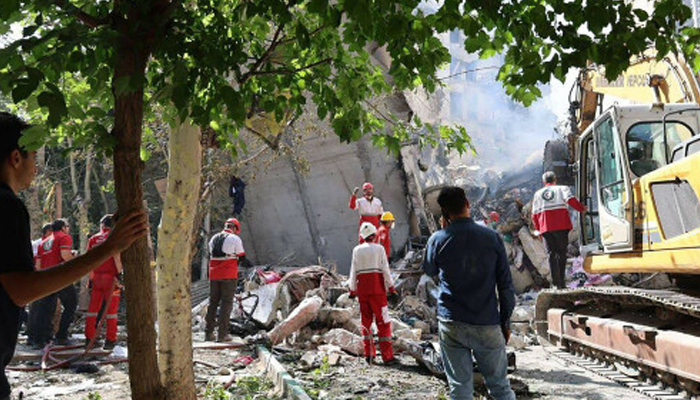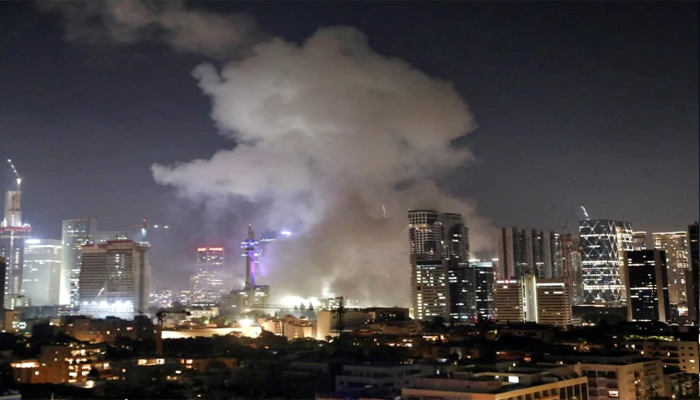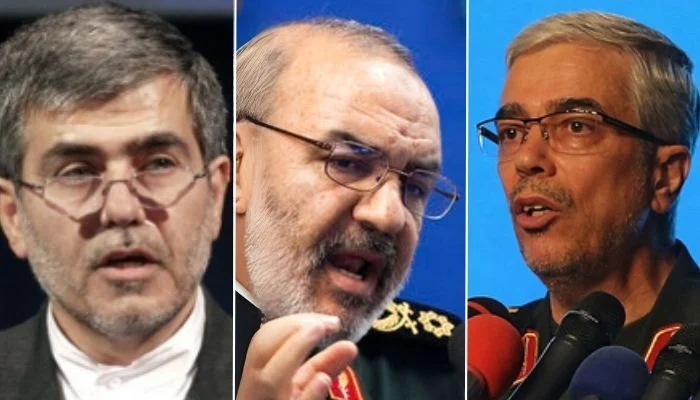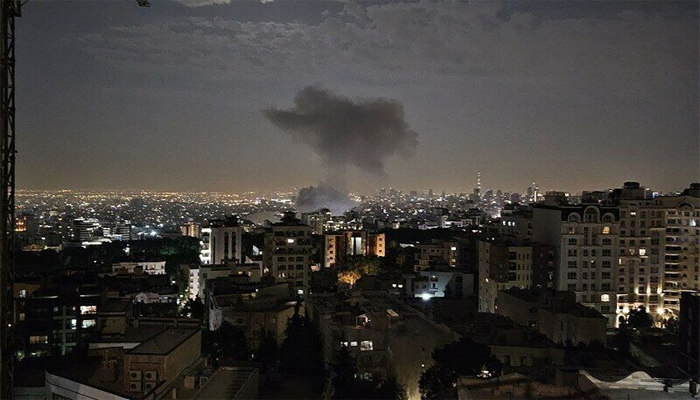New Delhi: In a dramatic and far-reaching response to a deadly attack in Pahalgam, Jammu and Kashmir, India has suspended the Indus Waters Treaty with Pakistan and initiated a series of sweeping diplomatic and security measures.
The attack, which left 26 tourists dead and 17 injured, has triggered the sharpest downturn in India-Pakistan relations in years.
The assault occurred on Tuesday in the popular tourist destination of Pahalgam, located about 90 kilometers from Srinagar. Gunmen opened fire on a group of domestic tourists, including one navy officer and a Nepali national, marking the deadliest civilian attack in the region since 2000. The attack sent shockwaves across the country and drew swift condemnation from the Indian government.
Following an emergency cabinet meeting chaired by Prime Minister Narendra Modi, Indian Foreign Secretary Vikram Misri briefed the media late Wednesday. He confirmed a series of unprecedented decisions taken in the wake of the violence.
Chief among them is the suspension of the Indus Waters Treaty, a landmark agreement signed in 1960 under World Bank mediation, which has survived even during wars between the two nations. The move signals a major diplomatic rupture, with India asserting it can no longer maintain water-sharing obligations amid cross-border threats.
“Enough is enough,” Misri said, calling the step “a signal of India’s strategic patience reaching its limit.” He declined to take media questions.
In a further hardening of its stance, India also shut down the Attari-Wagah border crossing, halting civilian and trade traffic between the two countries. The Ministry of External Affairs announced a ban on the entry of Pakistani nationals, giving those already in India 48 hours to leave.
All Pakistani military advisors stationed at the High Commission in New Delhi are being expelled, and India is recalling its own military advisors and staff from Islamabad. Additionally, the Indian government has asked Pakistan to reduce its diplomatic staff in New Delhi by nearly half, from 55 to 30.
Indian security forces have launched an extensive counter-terror operation in the forested areas around Pahalgam. According to the Indian Army, two suspected militants were killed in a separate operation in the Uri sector. Authorities are currently interrogating individuals suspected of providing logistical support.
A previously unknown militant group, The Resistance Front, has reportedly claimed responsibility for the attack, though official verification remains pending. Despite rising tensions, the Indian government has not directly accused the Pakistani state of involvement, though officials have hinted at cross-border complicity.
Prime Minister Modi, addressing the nation, condemned the “heinous act” and warned that perpetrators and their handlers would be dealt with decisively. Defence Minister Rajnath Singh echoed the sentiment, suggesting that “those who aid terror, wherever they hide, will be held accountable.”
The incident has sparked nationwide outrage and could have long-term implications for regional stability. With the Indus Waters Treaty now in limbo and diplomatic ties severely strained, the path forward between the nuclear-armed neighbors appears more uncertain than ever.

